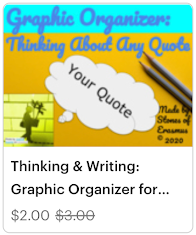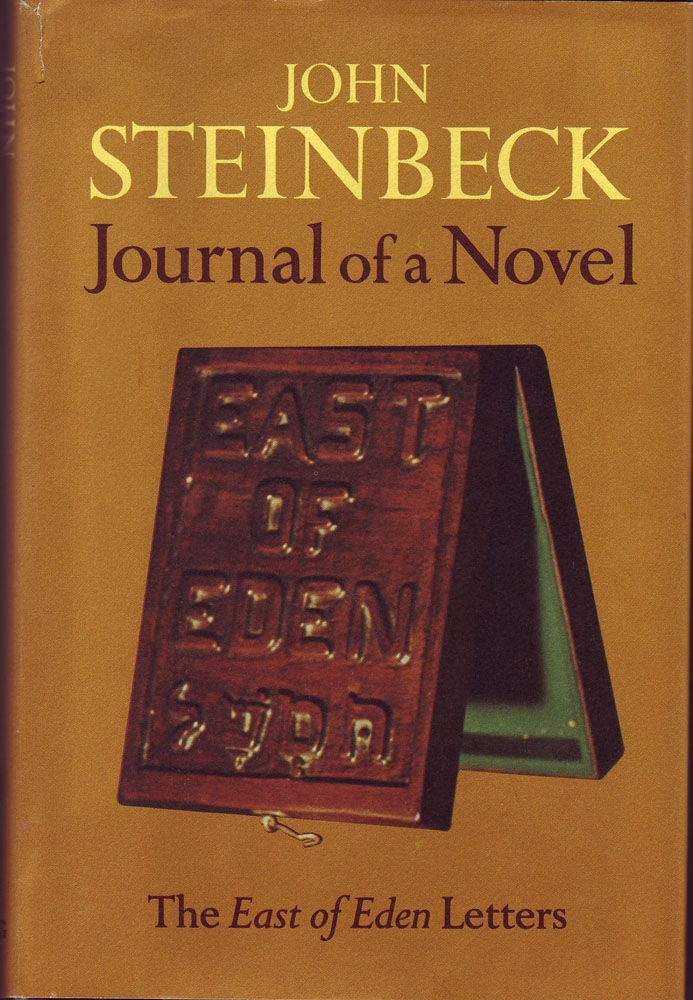 |
| Horace |
Why Horace’s Father Snubbed Rome’s Elite Prep School
“He wouldn’t send me to Flavius’ school, where the fine lads —sons of proud centurions — strode in with satchels and tablets on their left arms, eight coins of tuition clasped in hand on each Ides.”
—Horace, Satires 1.6. 75-79
From Clay Tablets to Campus Chats: Student Life in Ancient Rome vs. Today
In ancient Rome, heading to school meant carrying a tablet — and no, not the digital kind. Roman poet Horace dryly noted that wealthy students strolled to class with wax tablets and leather satchels, ready to pay their monthly tuition. Horace, however, didn’t come from money. His father, a freed slave, scraped together enough to send him to Rome for a proper education. Think of Horace as the scholarship kid living on the ancient equivalent of ramen and PB&J, while his classmates showed up with nicer gear and more lunch money.
Cicero, by contrast, grew up in an upper-middle-class family and received a top-tier education in literature, philosophy, and rhetoric. He likely had the finest tablets, an arsenal of scrolls, and perhaps even a capsarius — a servant to carry his school supplies. Imagine having someone attend class and take notes for you! Later in life, Cicero did just that, hiring his enslaved secretary, Tiro, to take dictation in shorthand. You could say he managed to outsource his homework after all.
Fast forward two millennia, and students now tote sleek laptops instead of wax tablets. But one thing hasn’t changed: the tech you carry still signals status. School has always been a social arena, where cool gear gives you a boost — whether it's the latest MacBook or a particularly fine stylus.
When it came to staying in touch with home, Cicero would’ve envied our instant messages and video calls. He once received a letter from Syria after 27 days. Imagine waiting over a month to hear from your mom! In an age of TikToks and texts, we forget that “mail” once meant a horse and a lot of hope. But even then, students grumbled about slow replies from home.
Gossip, Reputation, and Parental Oversight
Classrooms, ancient or modern, are more than places to learn — they’re breeding grounds for gossip. Horace took pride in avoiding slander and credited his father’s watchful parenting for keeping him out of trouble. “He guarded my innocence,” Horace wrote, recalling the day his father walked him to school. It turns out campus rumors aren’t a modern invention. Back then, a clever insult could be scribbled on a wax tablet and passed around — the Roman equivalent of a subtweet.
Horace’s father understood the risks of student life. He personally escorted young Horace to class and even sat in on lessons to shield him from bad influences. Today’s parents may not accompany their kids to lectures, but they show up at orientation, worry about safety, and dream big for their children’s future — often hoping they’ll be the first in the family to earn a college degree.
Horace’s father, once enslaved, dared to give his son a gentleman’s education — a radical act that still resonates. Like many modern parents, he saw learning as a way out, a step up, and a gateway to independence. And just like today, a student’s reputation mattered. Horace was proud no one could accuse him of greed or debauchery. Maintaining a good name was as vital in the Roman Republic as it is on today’s campuses — whether through whispered rumors or viral posts.
Rhetoric, Romance, and the Eternal Student Struggle
No PowerPoint? No problem. Roman students like Horace and Cicero gave speeches from memory — a high-pressure task that trained them for life in politics or public service. Rhetorical exercises were central to elite education, and being able to speak on the fly was the gold standard. Public speaking still makes palms sweat today, even if we now have slides and teleprompters to lean on.
Of course, student life isn’t all essays and exams. Horace’s poetry often reveals a heart caught up in love. In one Ode, he daydreams about a faithful lover — a glimpse into his emotional world that feels all too familiar. You can practically picture him in Athens, juggling crushes and classwork, trying to become a famous poet while nursing heartbreak.
Sound familiar? Modern students are still navigating late-night study sessions and love lives. Whether it’s a classmate who catches your eye or a messy breakup during finals week, the collision of romance and responsibility is timeless. Horace’s longing for a girl under the porticoes of Athens mirrors the modern dilemma: chase your dreams, but don’t flunk out while doing it.
And outside the classroom, Horace dabbled in extracurriculars — namely, writing poetry and briefly serving in Brutus’s army after Caesar’s assassination. Today’s students join clubs or advocate for causes. The urge to make a difference while balancing coursework? Eternal.
Changing Times, Timeless Traditions
So, what’s really changed since the days of Horace and Cicero? Scale, diversity, and freedom. Roman schools were small and socially exclusive. Today’s universities welcome students from all backgrounds, cultures, and genders — a scale and inclusivity Rome never imagined.
Freedom of choice has also evolved. In Horace’s time, education often locked students into a career path chosen by their family. Poet Ovid famously griped that his dad wanted him to be a lawyer — but he just wanted to write. Horace, too, chose poetry over politics, thanks to support from his patron Maecenas. It was a risky move, akin to turning down med school to join a garage band — but it was his dream.
Marriage expectations? Also very different. Rome pushed young adults into arranged marriages that served economic or political interests. Horace avoided that trap and remained a bachelor — even as Augustus tried to legislate marriage into fashion Horace managed to avoid that fate – he never married, remaining a bachelor with no kids. (Suetonius reports that Augustus Caesar passed laws against bachelorhood, essentially nudging men like Horace to marry and produce heirs, but Horace still did his own thing). Today, we marry (or don’t) on our own timeline. Education now symbolizes personal freedom rather than civic obligation.
Still, the heart of school life beats with familiar rhythms. Students today, like Horace and Cicero before them, juggle studies and social lives, battle homesickness, crave independence, chase ambition — and occasionally fall in love. Whether you’re writing verses in Latin or pulling an all-nighter in Python, you’re part of a tradition as old as civilization itself.
Same Human Story. Different Tools.
Clay tablets have become iPads, scrolls replaced by PDFs, and letters by instant messages. But the student experience — learning, laughing, gossiping, dreaming — remains remarkably unchanged. Horace and Cicero might raise an eyebrow at modern campuses, but they'd surely recognize the thrill, stress, and promise of student life.
Two thousand years on, we’re still trying to get to class on time, still trying to find our voice, and still wondering if the person three rows down might text us back.
Works Cited (MLA):
-
Cicero, Marcus Tullius. Letters to Atticus, translated by E. O. Winstedt. Gutenberg Project, 1921. (Letter of Aug. 15, 47 BC, showing a 27-day transit of a letter).
-
“Cicero.” NumberAnalytics Blog, 28 May 2025, pp. 1–3. (Early life of Cicero: wealthy equestrian family, top education).
-
Horace. Satires I.6, c. 35 BC. (Horace on school: wealthy kids with tablets; his father’s protective guidance).
-
Horace – Biography. Academy of American Poets, Poets.org. (Horace’s background: son of a freedman; finest school in Rome by Orbilius).
-
“Horace: The Son of a Slave Who Became Rome’s Leading Poet.” World History Encyclopedia, edited by Donald L. Wasson, World History Encyclopedia, 2020. (Horace’s later life: patronage of Maecenas; remained unmarried despite Augustus’s law).
New York Public Library Digital Collections, The Miriam and Ira D. Wallach Division of Art, Prints and Photographs: Print Collection. Horace. 1800-1910.
-
“Ovid.” World History Encyclopedia, edited by Donald L. Wasson, 2017. (Ovid’s early life: father urged him toward law and politics over poetry).
-
“Roman Education.” World History Encyclopedia, World History Publishing, 2019. (Overview of Roman schooling: students’ equipment, use of slaves, rhetorical exercises).
-
Tiro, Marcus Tullius. Wikipedia, Wikimedia Foundation, last modified Jan. 2023. (Cicero’s secretary Tiro and his duties: taking dictation, managing correspondence)



























